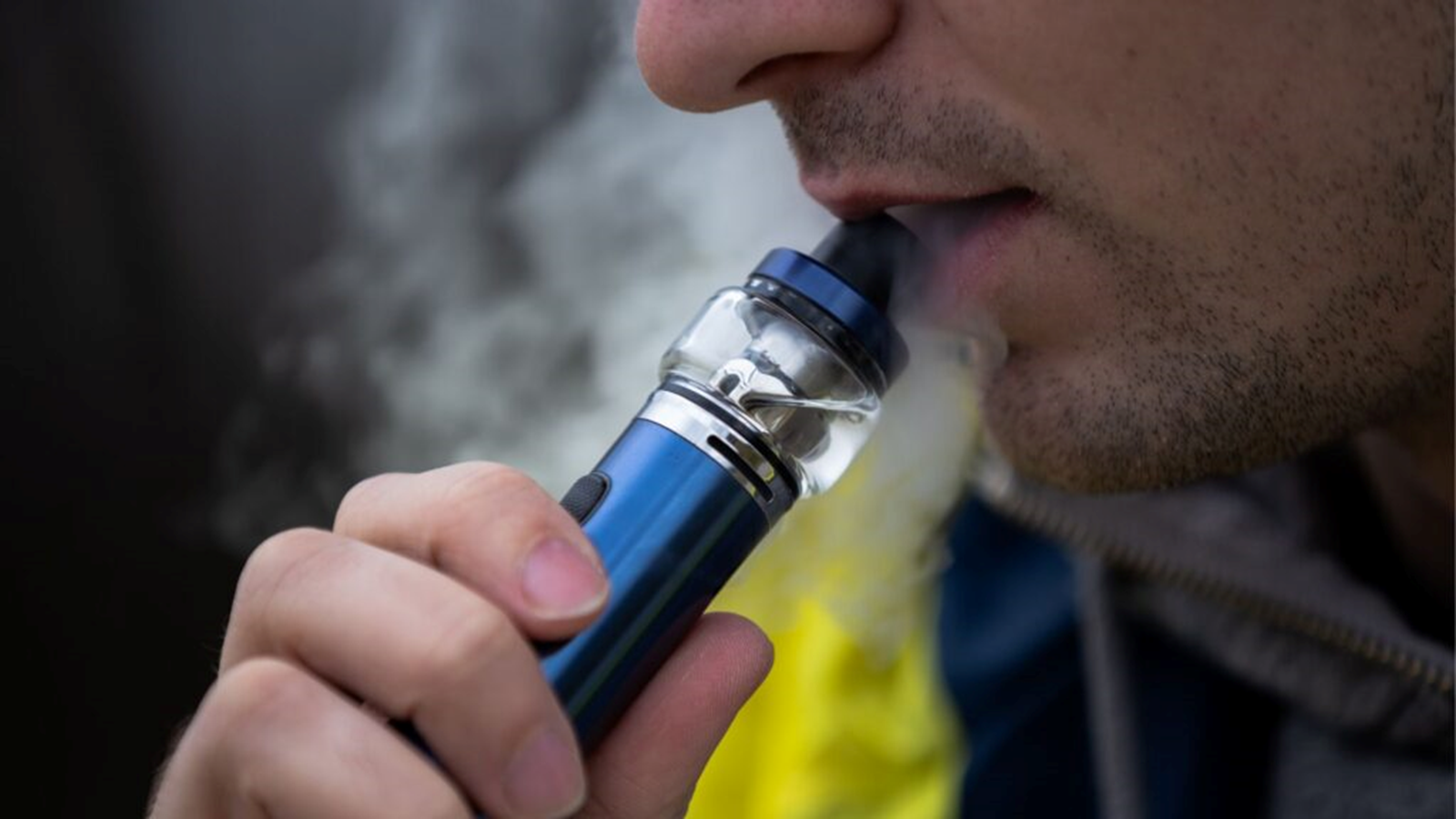Implications of the Ban on Disposable Vapes
2025-02-14
As of June 1, 2025, the United Kingdom will enforce a ban on the sale and supply of disposable vapes.
For businesses involved in the manufacture, distribution, or retail of vaping products, understanding and complying with this new regulation is crucial to avoid severe penalties, including substantial fines and potential imprisonment.


Understanding the Ban on Disposable Vapes
The ban encompasses all single-use vaping devices, defined as products that are neither designed nor intended for reuse.
Who Does the Ban Apply To?
The ban applies to any entity involved in the sale, supply, or possession of single-use vaping devices with the intention to sell.
This includes:
•Manufacturers who produce single-use vaping products.
•Distributors who supply these devices to retailers or directly to consumers.
•Retailers operating both physical stores and online platforms
Regardless of the size of the business, compliance with the ban is mandatory.
Penalties for Non-Compliance
The Department for Environment, Food & Rural Affairs (Defra) has outlined enforcement measures for businesses that fail to adhere to the ban. Initial violations may result in civil sanctions, such as stop notices, compliance notices, or fines starting at £200.

Ways for Businesses to Comply with the Ban
Inventory Management
Businesses should conduct a thorough review of their inventory to identify any single-use vaping products that will fall under the ban.
Supplier Collaboration
Retailers should engage with their suppliers to clarify which products meet the new requirements for reusability.
Training and Awareness
Staff training is essential to ensure all team members understand the specifics of the ban.
Customer Communication
Transparent communication with customers is vital.
Legal Consultation
Seeking legal advice can help businesses interpret the nuances of the legislation and ensure full compliance.

Environmental and Ethical Implications
The ban is driven by concerns over the environmental impact of disposable vapes.
Preparing for Inspections and Audits
Regulatory compliance will likely be monitored through inspections and audits.
Conclusion
The upcoming ban on single-use vapes represents a significant regulatory shift for businesses in the UK.
 USD
USD





